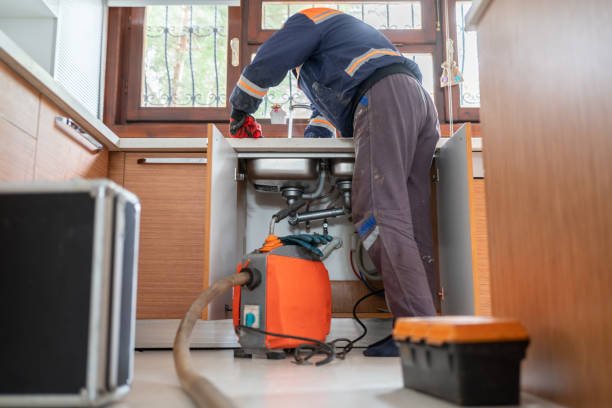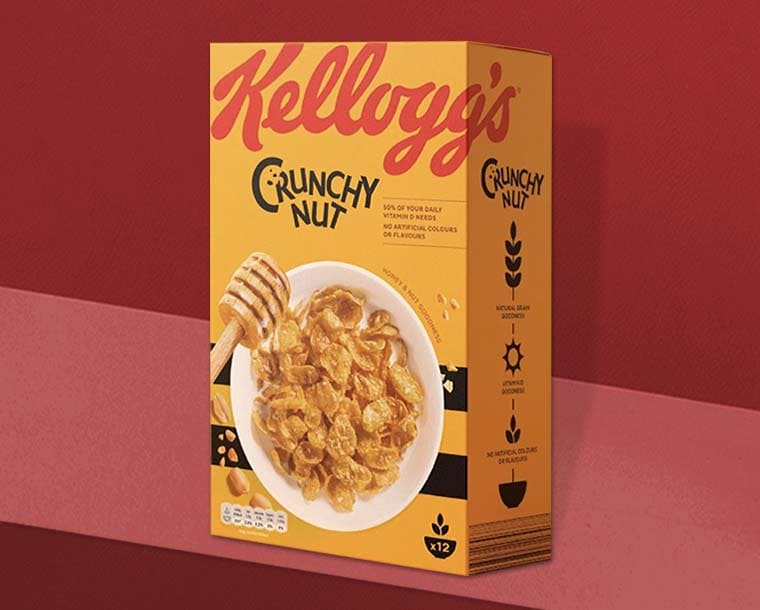Kitchen Plumbing: Functional and Efficient Kitchen
Kitchen Plumbing

Kitchen plumbing plays a crucial role in maintaining an efficient and functional cooking space. Whether you're installing a new kitchen, upgrading fixtures, or dealing with common plumbing issues, understanding the fundamentals of kitchen plumbing is essential. This guide will walk you through various aspects of kitchen plumbing in Clifton NJ, including installation, maintenance, and common problems.
Importance of Kitchen Plumbing
A well-maintained plumbing system ensures the smooth operation of your kitchen. It provides clean water for cooking and cleaning, removes waste efficiently, and prevents potential hazards like leaks and water damage. Proper kitchen plumbing can also increase the value of your home and improve energy efficiency.
Key Components of Kitchen Plumbing
Sink and Faucet
The kitchen sink is the most frequently used plumbing fixture. A high-quality faucet with the right water pressure makes washing dishes and food preparation easier. Options include pull-out sprayers, touchless faucets, and water filtration systems.
Drainage System
The drainage system is responsible for carrying wastewater away. Proper installation of pipes and P-traps prevents clogs and bad odors. A well-maintained drain system keeps your kitchen hygienic and functional.
Garbage Disposal
A garbage disposal unit helps manage food waste effectively. It grinds up food scraps, reducing the risk of clogged drains. Regular cleaning and avoiding disposing of hard or greasy substances can extend its lifespan.
Dishwasher Plumbing
A dishwasher connects directly to the water supply and drainage system. Proper installation ensures efficient operation and prevents leaks. Regular maintenance, such as cleaning filters and checking hose connections, can improve its performance.
Water Supply Lines
Water supply lines deliver fresh water to sinks, dishwashers, and refrigerators. Using high-quality materials such as braided stainless steel hoses can prevent leaks and bursts, ensuring a consistent water supply.
Common Kitchen Plumbing Issues and Solutions
Leaky Faucets
A dripping faucet not only wastes water but also increases utility bills. Replacing worn-out washers, O-rings, or cartridges can resolve this issue. If leaks persist, upgrading to a modern faucet may be the best solution.
Clogged Drains
Food particles, grease, and soap scum can lead to clogs. Regularly cleaning drains with baking soda and vinegar can prevent blockages. Avoid pouring grease or large food scraps down the drain to minimize issues.
Low Water Pressure
If your kitchen faucet has weak water pressure, mineral buildup in the aerator or clogged supply lines may be the cause. Cleaning or replacing the aerator and checking for leaks in supply lines can restore water pressure.
Dishwasher Not Draining Properly
A clogged drain hose or blocked filter may prevent your dishwasher from draining correctly. Checking and cleaning these components regularly ensures smooth operation. If problems persist, inspecting the air gap or garbage disposal connection might be necessary.
Kitchen Plumbing Maintenance Tips
- Regularly check for leaks under the sink and around fixtures.
- Avoid using harsh chemicals that can damage pipes.
- Clean garbage disposals with ice cubes and citrus peels to eliminate odors.
- Flush drains with hot water and baking soda to prevent buildup.
- Inspect dishwasher hoses for wear and replace them every few years.
When to Call a Professional Plumber
While minor issues like a dripping faucet can be fixed with DIY solutions, some situations require professional expertise. If you experience persistent leaks, major clogs, or pipe damage, hiring a licensed plumber can save time and prevent costly repairs.
FAQs
How often should I clean my kitchen drains?
It’s best to clean your kitchen drains once a month using natural solutions like baking soda and vinegar to prevent clogs.
Why does my garbage disposal smell bad?
Odors are usually caused by food buildup. Running ice cubes and citrus peels through the disposal can help clean and deodorize it.
What should I do if my dishwasher is leaking?
Check for loose hose connections, clogged filters, or a damaged door seal. If the problem persists, a professional plumber may be needed.
How can I increase water pressure in my kitchen sink?
Cleaning the aerator, checking for leaks, and ensuring the supply valves are fully open can help improve water pressure.
Is it safe to use chemical drain cleaners?
Chemical cleaners can damage pipes over time. Using natural alternatives like baking soda and vinegar is a safer option.
Conclusion
Professional kitchen plumbing is an essential aspect of maintaining a functional and efficient home. By understanding common plumbing components, issues, and maintenance tips, you can keep your kitchen in top shape. When in doubt, consulting a professional plumber ensures long-term solutions and prevents costly repairs.
What's Your Reaction?


















